Get the latest news, inspiring stories, upcoming events, and valuable support services delivered straight to your inbox.
ALL NEWS
Filter by type

Study begins to uncover how exercise affects muscles in FSHD
August 22, 2025

Givinostat: more evidence needed before a decision on NHS access in England
August 11, 2025
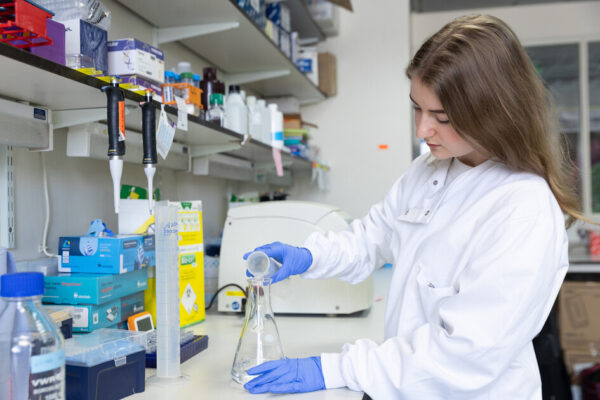
How gene editing could transform muscle repair
July 25, 2025

Our £1 million investment to transform clinical trials for Charcot-Marie-Tooth disease
July 15, 2025

Our work with partners to speed up the introduction of newborn screening for Spinal Muscular Atrophy
July 9, 2025

How we’re supporting the future of research into muscle wasting conditions
July 4, 2025
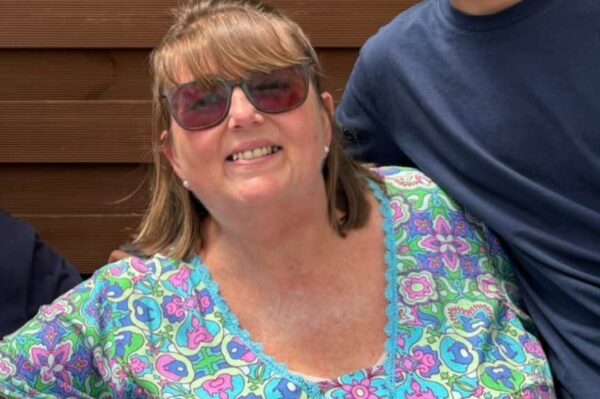
Second treatment for myasthenia gravis not approved for NHS use in England
June 26, 2025
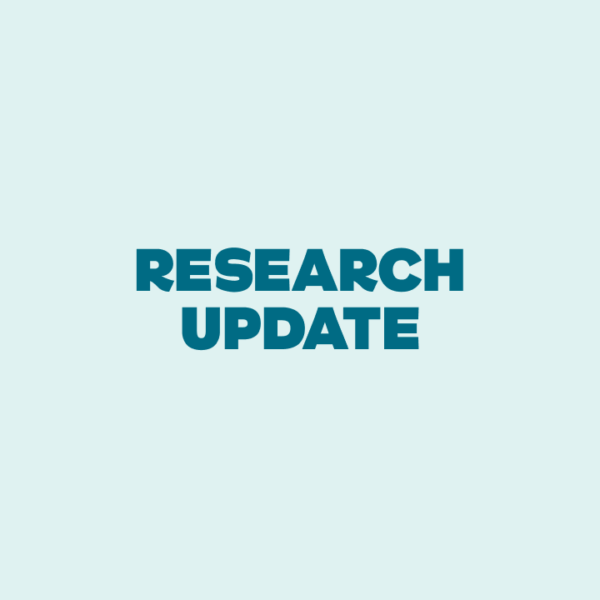
New FSHD treatment shows early promise in clinical trial
June 16, 2025
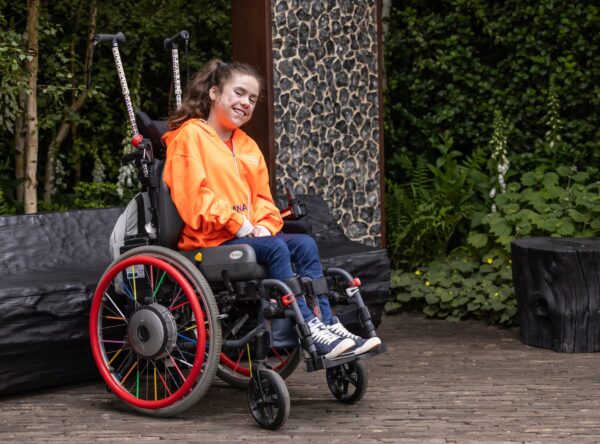
Our Young Ambassador Carmela makes history as youngest ever MBE
June 13, 2025

“It’s a fitting legacy for my son”: Our Patron Ian Corner recognised in King’s Birthday Honours List
June 13, 2025

Treatment for myasthenia gravis not approved for NHS use in England
June 4, 2025
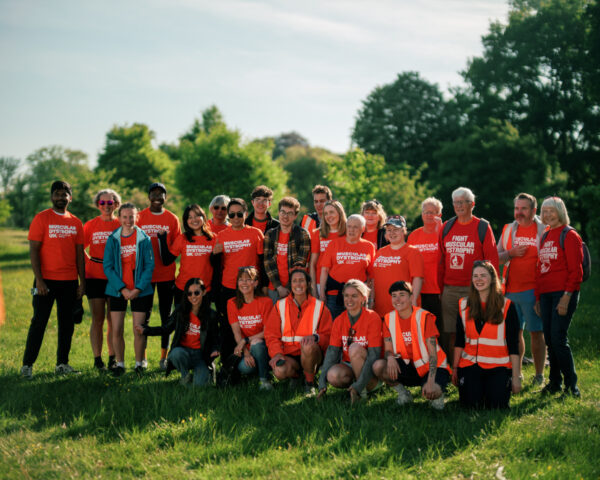
Volunteers’ Week – thanking our volunteers
June 2, 2025
